The Dark Side of Coaching
One part of my many titles includes – Coach. There’s a lot of different kinds of coaches. Sports coaches, business coaches, sales coaches, life coaches, spiritual coaches, and relationship coaches, to name a few. The coaching work I do evolves around skills coaching. I help people develop communication skills needed to help that person reach a professional goal.
There are lots of wonderful things about being a coach and working with a coach. As the person being coached, you get insight, expertise and good questions that you may not get from other resources in your life. As a coach, I am privileged to listen, ask and assist folks as they work to improve specific skill sets.
However, there’s a dark side to coaching. Yes, a dark side, like Darth Vader dark side. This dark side usually rears its ugly head when a business has identified someone they want to get rid of, but want to say they’ve done all they can to make that person successful. They’ll have the person coached, then turn around and say, “See we even had him coached and it didn’t work. Now we can fire him with a clear conscience.”
It’s that blatant at times. On an occasion or two, I’ve stepped unknowingly into the dark side of coaching only to realize too late that I was being handed a light saber and the Emperor was cheering me on. (For those of you who aren’t Star Wars fans, forgive me as I geek out a bit, but the analogy is pretty terrific. You’ll have to trust me.)
Having stepped into the dark side, but knowing I never want to approach coaching from that perspective, I’m very leery about the type of coaching work I take on. Here are some of the things I’ve learned to ask before deciding if coaching is the right option for the individual.
Questions for the manager or company:
* Why are you interested in developing this skill set in this person?
* What are your goals for this person?
* How will you be supporting this person’s learning outside of the coaching?
* What types of conversations have you had with the employee about his development in this area?
* How will you know if the coaching has been a successful investment?
Questions for the employee:
* What do you hope to accomplish from our time together?
* How will you be working on these skills outside our time together?
* What’s your manager’s role in your success?
While you may not be in this exact situation, these questions are still great questions to ask if you have the opportunity to work with a coach as the hiring person or the individual being coached.
For coaching to work, everyone has to be clear about what is going to be accomplished and why. You never want to find yourself sucked into something only to learn the Death Star is fully operational. (Okay that’s the end of the Star Wars theme, I promise, but isn’t it perfect?!)
Keynote speaker, trainer, and consultant, Sarah Gibson, helps organizations leverage the power of communication, teamwork and diversity to improve engagement and transform teams. To buy her book or inquire about her speaking programs, please visit www.sarahjgibson.com.




I love this Sarah! Very nicely done and great advice!
Thanks Deb! I’m sure you’ve experienced this too.
Sarah, excellent probing questions for both the employee AND employer!
Thanks Linda! I know you’ve been here too.